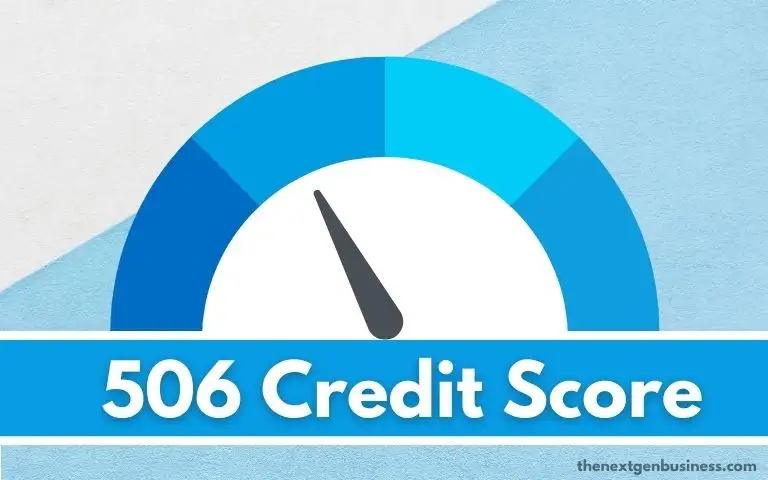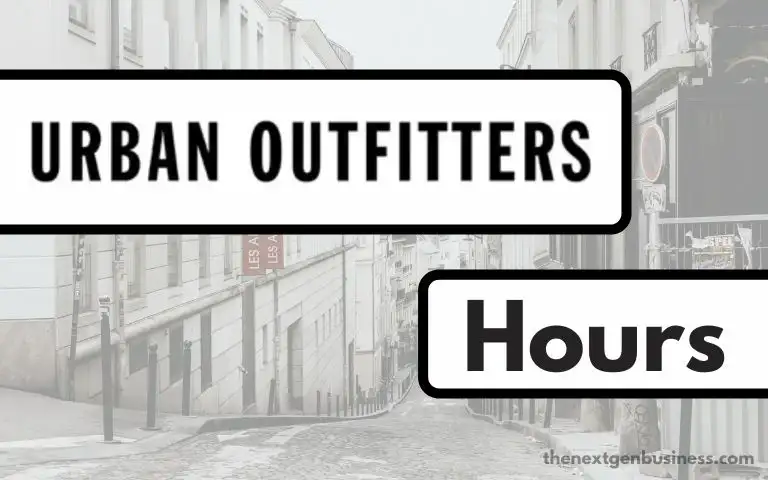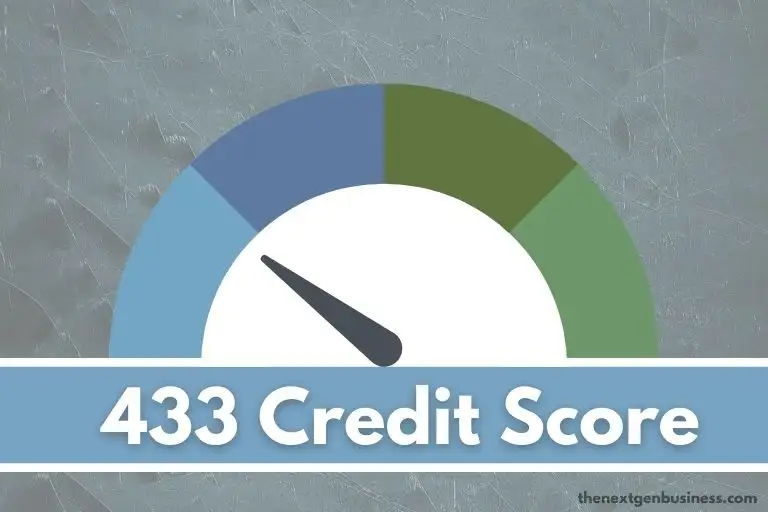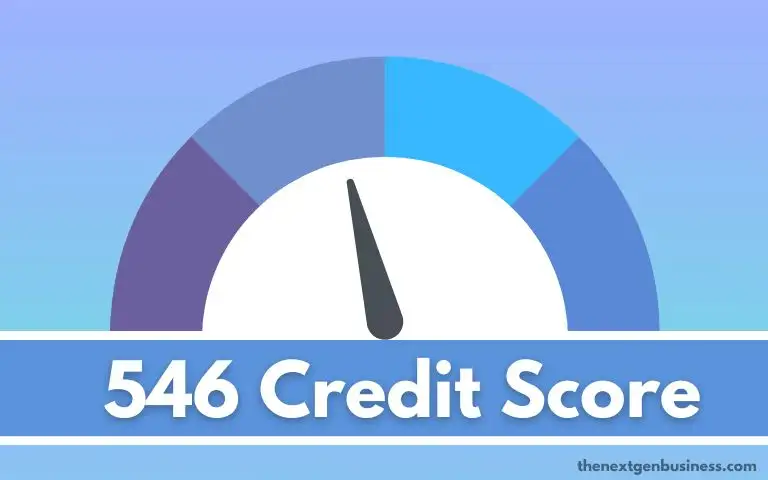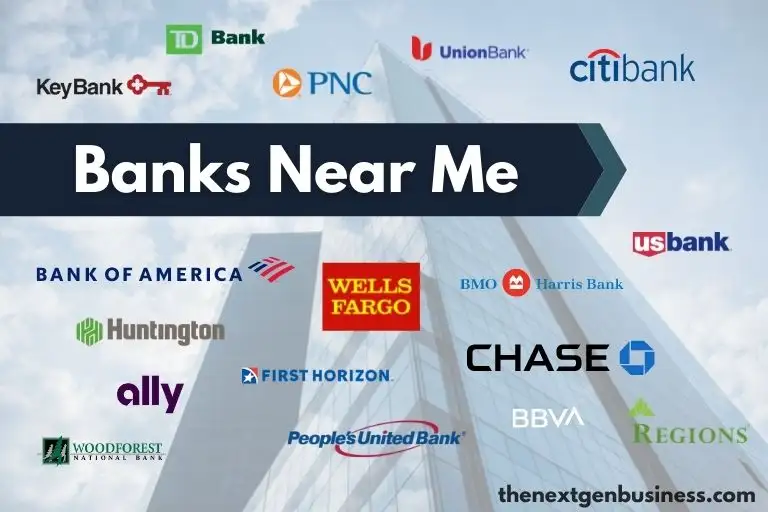
Banks are often viewed as the backbone of an economy. Many use a bank to open a checking account, savings account, manage investments, get a debit card, credit card, or receive loans. Below is a guide to the closest Banks near you.
You will also find information on a bank’s typical branch hours, customer service number, and a bank’s overdraft fee.
Bank Locations Near Me
It’s quite easy to find a bank branch located near you. Many prefer banking in-person compared to online so there’s a good chance there is a bank in your city or town.
Here is a list of the most well-known banks with nearby Banks:
- Chase – 4,700 branches
- Bank of America – 4,300 branches
- Wells Fargo – 5,200 branches
- Citibank – 723 branches
- US Bank – 3,067 branches
- Associated Bank – 200 branches
- Regions Bank – 1,454 branches
- KeyBank – 1,197 branches
- Huntington Bank – 700 branches
- TIAA Bank – 146 branches
- TD Bank – 1,100 branches
Bank Near Me
It is estimated there are over 74,900 bank branches in the United States. This means there’s a high likelihood of one being close to you.
You can find the closest nearby bank by viewing the Google map below. For a larger, more detailed map, click the “View larger map” icon.
Bank Information
Here is a table with a bank’s most important information. Below you will find typical bank hours, fees, deposit and withdrawal limits, and more!
| Bank’s Information | Details |
|---|---|
| Bank Hours | 9 am – 5 pm, Mon-Fri 9 am – 12 pm, Sat |
| Bank ATM Hours | 24/7 |
| Online Banking | Yes |
| Customer Service Number | Depends on Bank |
| Mobile Banking | Yes |
| Overdraft Fees | $25-37 |
Banks’ hours will vary slightly depending on the bank. But banks are typically open from 9 am to 5 am, Monday through Friday, and 9 am to 12 pm on Saturday.
If you are unable to visit a bank branch during the day, you can use a nearby ATM, which operates 24 hours a day, 7 days a week.
Some banks might only open their branch’s doors on weekdays (Monday through Friday). Many banks operate six days a week, Monday through Saturday. Banks are typically closed on Sundays.
If you bank with one of the more well-known banks, they will offer both mobile and online banking to their customers.
One fee you should be aware of is overdraft fees. If you do not have enough money in your checking account to pay for a transaction, you will be charged an overdraft fee.
For debit card and ATM transactions, you have to opt in to get overdraft protection from your bank. Overdraft fees usually range from $25 to $37, depending on the financial institution you bank with.
About Banks
The first bank was founded in Philadelphia in 1791. Now, you can find a bank in pretty much every town and city in the United States.
A bank’s branch can help you open a savings or checking account. You can also receive an auto loan or even get a mortgage. Of course, bank branches provide many other services, but those are just a few of the more prominent ones.
Using a Bank, you can easily deposit or withdraw cash similar to how you can with an ATM.
Bank Customer Service
Bank’s customer service numbers will change depending on which financial institution you bank with. For example, Wells Fargo will have a different customer service number than Chase Bank.
Whether you are trying to find a bank’s branch hours, overdraft fee, or just have a general question, calling a bank’s customer service representative is a good place to find those answers.
Bank’s Hours Near Me
A bank’s branch hours will change depending on the bank. However, you can usually expect a bank to be open to the public from 9 am to 5 pm on weekdays, and 9 am to 12 pm on Saturdays. The majority of banks will be closed on Sunday.
It has become common for banks to have ATMs right outside or near their branches so you can withdraw and deposit money at any time.
Conclusion
Many use banks out of convenience. They save time and sometimes even money if you use a surcharge-free bank.
Having been around for over 230 years, banks have been a reliable way to store and access your money.
If you enjoyed reading about how to find a bank near you, consider checking out our other banking and finance articles below!


